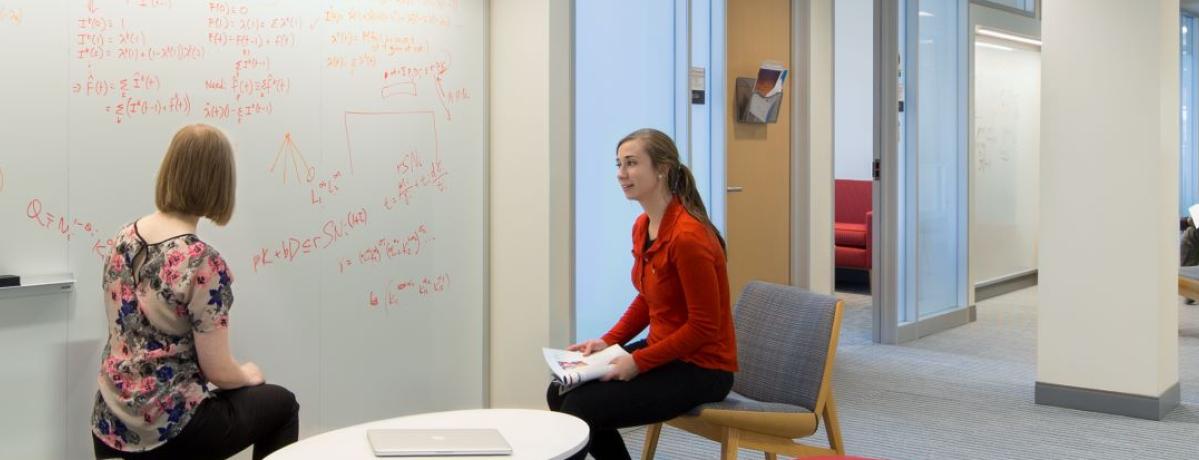Majoring in economics
We offer three majors:
- Economics Major (14-1) — Explores theoretical and applied topics in microeconomics and macroeconomics, provides training in statistics and econometrics, and offers advanced courses spanning a range of fields
- Mathematical Economics Major (14-2) — Begins with foundational training in microeconomics and macroeconomics before focusing intensively on technical and mathematical subjects
- Computer Science, Economics, and Data Science (6-14) — Offered jointly with Electrical Engineering and Computer Science, applies methods derived from economic analysis, computing, optimization, and data science to real-world challenges.
